Spirituality
One of the early pioneers of human psychology, Carl Jung surely understood the power of the spirit. He was once quoted as saying that we as humans are born three times. The first, our physical birth, the second, which marks the development of the ego, and the third, our awakening to what he called “spiritual consciousness”. According to him, the spiritual life constitutes the very core of one’s inner life, and our spiritual need is as “real as hunger and the fear of death”.
Not everyone may describe themselves as spiritual, however, what can be agreed upon is that there is an inherent spiritual instinct within human nature that points towards the larger questions in life.
Deeply ingrained within us is the propensity to look for patterns and ascribe meaning to them, to develop a narrative about the world we encounter. Quite naturally, we ask questions and formulate ideas about who we are, and what we are meant to do. We see these stories expressed in culture, and they are passed down to us as religion.
While some may find their spiritual life is intricately linked to their membership within a church, temple, mosque or synagogue; professor and scholar Joseph Campbell enlightens us to “the power of myth” as he calls it, and the fact that these narratives often share the same fundamental structure.
Individuals may find comfort in a personal relationship with God, Allah, or a higher power, or nurture their connection to something greater than themselves through creativity, art, or experiences in nature. Campbell might describe this as “following your bliss”; of attuning to the divine energy welling up within you, and embarking on your own “hero’s journey” into the deeper realms of yourself.
To be human is in part a very spiritual experience, full of moments of awe, wonder, accomplishments and failures. The ability to stop and pause, allow yourself to ask big questions, and search for meaning, are some of the ways spirituality can take root.
In recovery, we believe in cultivating practices that support health, well being and sobriety. Spirituality is just one of the practices we believe to be instrumental in this process. Perhaps one of the most important lessons here is that spirituality is often instrumental in recovery and sobriety.
Through engaging in regular, contemplative reflection a spiritual practice may begin to form. Some may call this prayer, some meditation and others may be uncomfortable with these terms altogether. Regardless of the label, give yourself wholly to the practice that increases compassion for self, empathy for others and offers renewal to a busy mind. Give us a call today to begin your journey through recovery.


